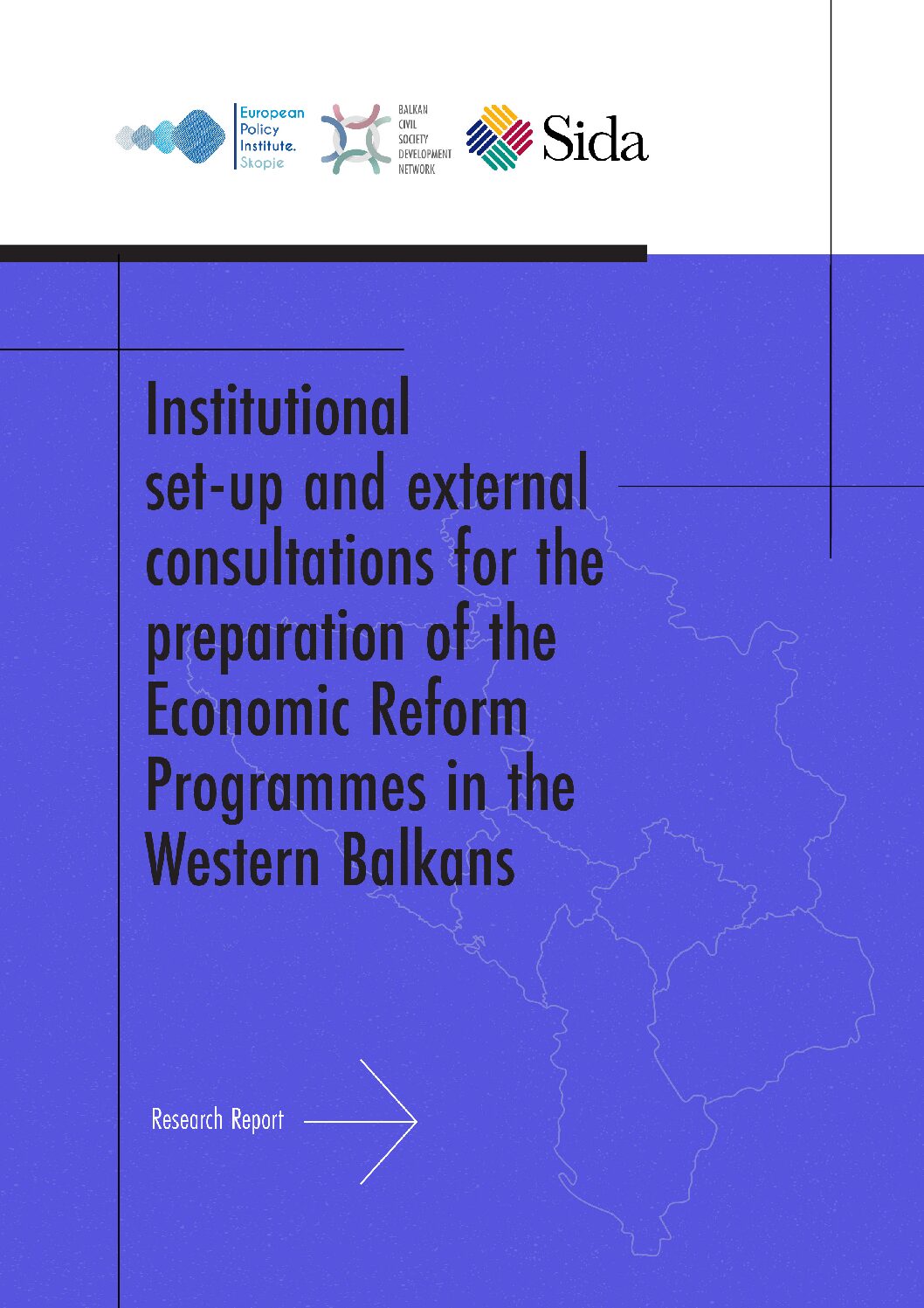All candidates and potential candidates for European Union (EU) membership prepare, adopt and implement Economic Reform Programmes (ERPs). The ERP exercise prepare the enlargement countries for their future participation in the EU’s economic policy coordination procedures, the European Semester. The ERPs have an important role in economic policy planning and steering reforms to sustain macroeconomic stability, boost competitiveness and improve conditions for inclusive growth and job creation. Under the revised methodology, the economic criteria is part of the Fundamentals cluster and the EU aims to create a stronger link with the ERP process to help the countries meet the economic criteria.
All countries in the enlargement process take part in Economic and Financial multilateral dialogue (EFMD) with the Ministers of Finance of the EU Member States, the EU and the European Central Bank (ECB) on an annual basis. This policy coordination process and dialogue results in adoption of Joint conclusions that set out policy guidance for each of the countries. These country specific recommendations (CSRs) serve as specific economic policy priorities for the coming 12 months. These CSRs should be addressed with specific measures in the ERPs.
The European Commission (EC) provides guidance for the candidate countries i.e Guidance note (guidelines), and provides assistance to the candidates for preparation of the ERPs. Moreover, the EC prepares and publishes annual assessment on the ERPs and the level of implementation of the CSRs.

